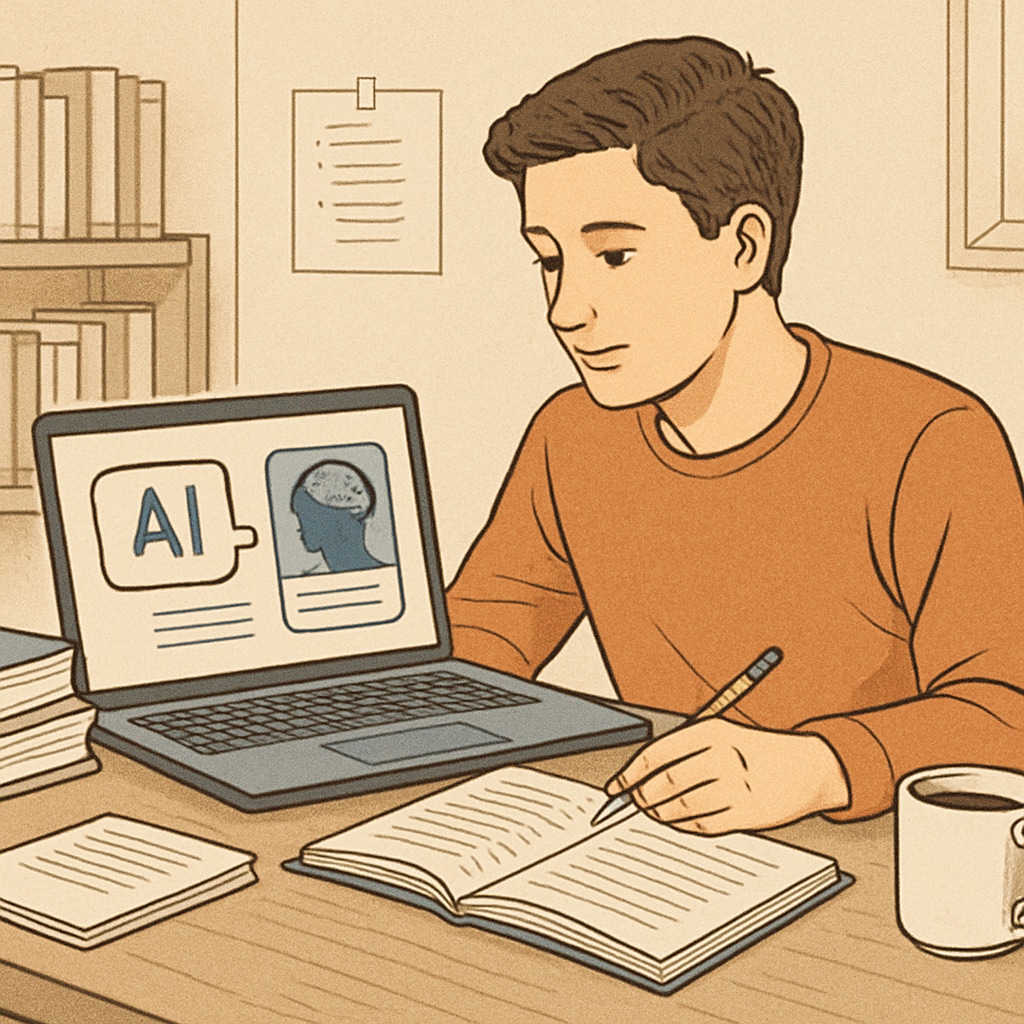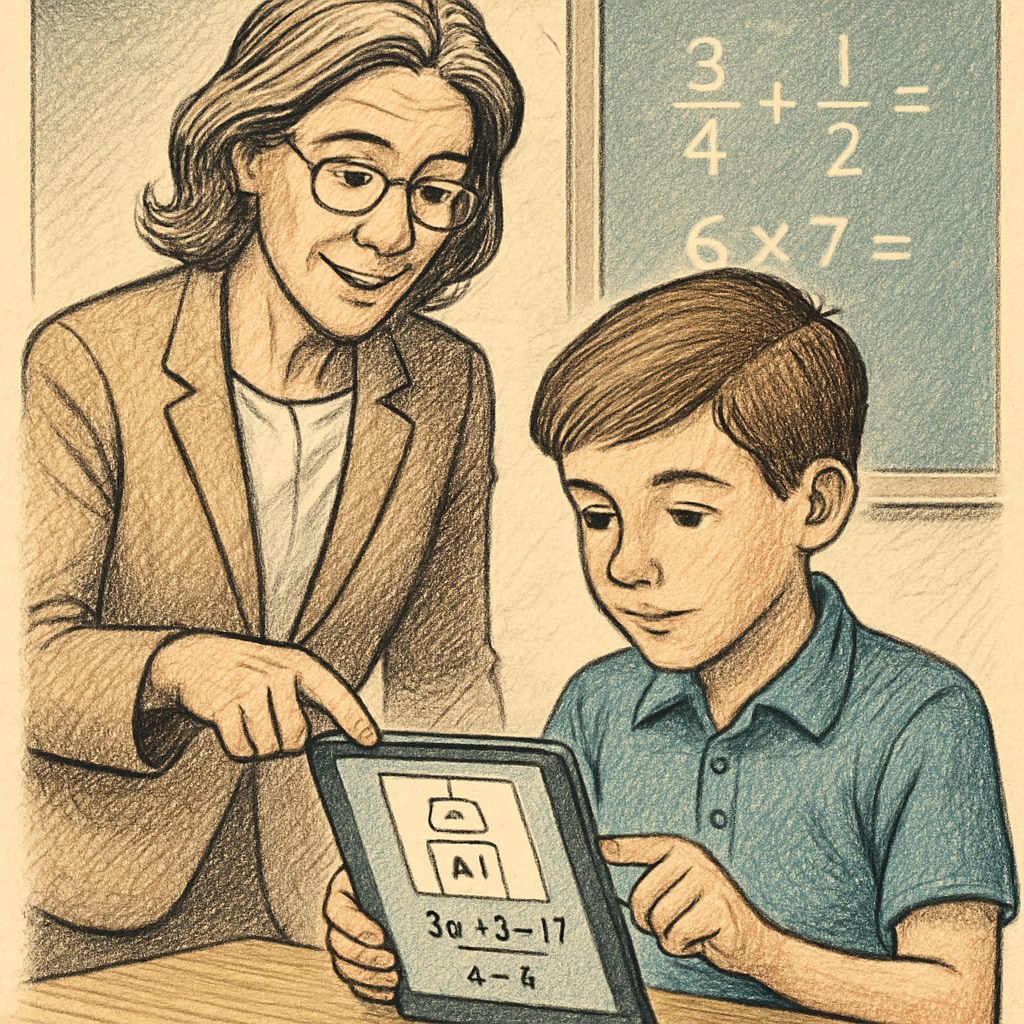In recent years, AI subscription services like ChatGPT Plus have gained traction as valuable learning assistants for students. Many university students have reported unexpected academic improvement after subscribing to such tools, highlighting their potential to revolutionize education for younger learners in K-12 settings. These services, offering personalized assistance and tailored learning experiences, are reshaping the way students approach their studies and develop essential skills.
Enhancing Academic Achievement With AI Learning Tools
University students often face challenges such as managing time, understanding complex topics, and organizing their study plans. AI-driven tools like ChatGPT Plus provide solutions by offering instant explanations, generating study outlines, and even creating practice questions. For example, a student who struggled with essay writing used ChatGPT Plus to refine their structure and argumentation, resulting in improved grades and greater confidence.
Moreover, AI tools can adapt to individual learning styles. Whether a student prefers visual aids, step-by-step tutorials, or interactive exercises, these platforms can cater to their unique needs. This adaptability not only boosts academic performance but also promotes long-term skill development.

Implications for K-12 Education
While the immediate benefits of AI subscription services are evident at the college level, their integration into K-12 education could be transformative. Younger students often require individualized attention to address gaps in understanding, which traditional classroom settings may struggle to provide. AI tools can step in to offer personalized support, ensuring every child progresses at their own pace.
For instance, AI platforms can provide real-time feedback on assignments, suggest targeted exercises, and identify areas where a student may need extra help. This level of customization could help bridge the achievement gap and prepare students for higher education with a solid foundation in core subjects.

Challenges and Ethical Considerations
Despite their potential, AI learning tools are not without challenges. Concerns about data privacy, dependency, and equitable access need to be addressed before widespread adoption. For example, ensuring that students from diverse socioeconomic backgrounds can access these tools is critical to avoiding disparities in education quality.
Another ethical consideration is the risk of students relying too heavily on AI for assignments and exams. Educators must strike a balance between using AI as a learning assistant and encouraging independent problem-solving skills.
External resources like Wikipedia’s overview on AI in education and Britannica’s insights on educational technology provide deeper insights into these challenges and potential solutions.
Conclusion: The Future of AI in Education
AI subscription services like ChatGPT Plus have already proven their worth in enhancing academic achievement at the university level. Their potential to reshape K-12 education is immense, offering personalized learning experiences that traditional methods cannot match. As technology continues to evolve, educators and policymakers must work together to ensure that AI tools are used responsibly and equitably, unlocking their full potential to benefit learners of all ages.
In summary, AI tools represent a promising frontier in education, capable of providing tailored support and driving academic improvement. With thoughtful implementation, these tools could redefine how students learn, paving the way for a more inclusive and effective educational system.


